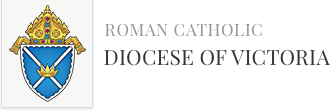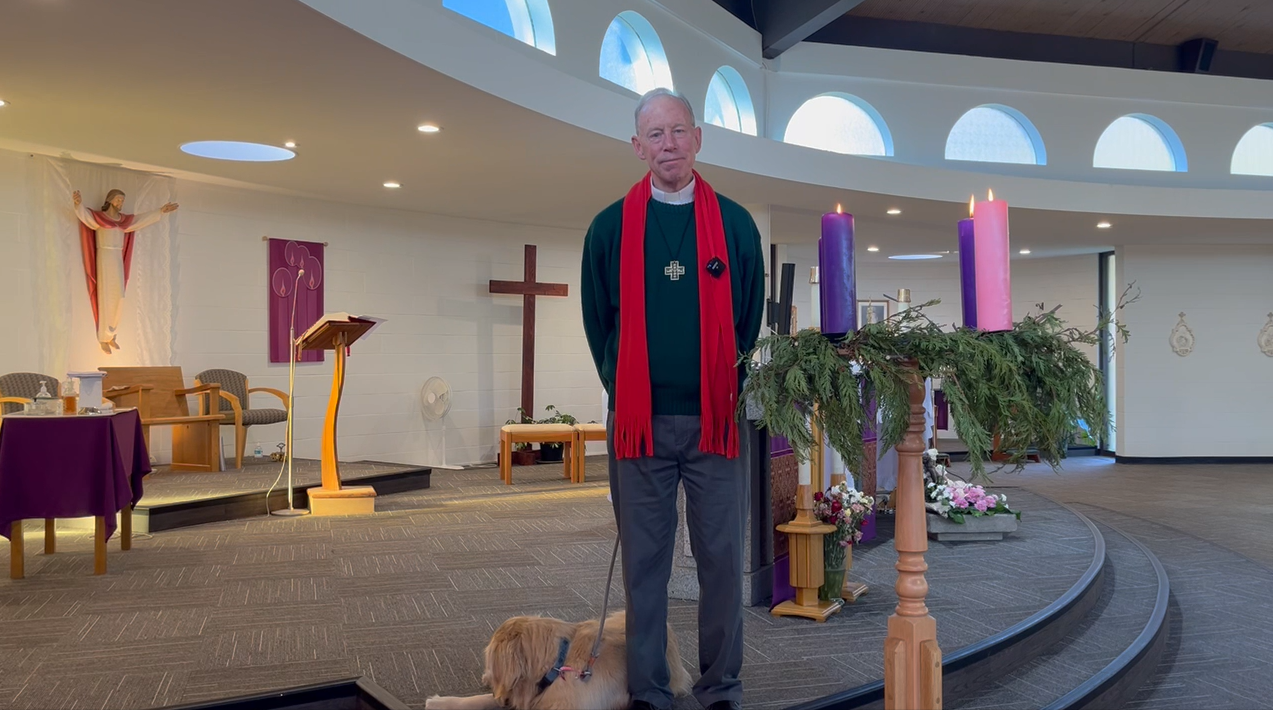On December 12, the feast of Our Lady of Guadalupe, the Church in Canada celebrates the National Day of Prayer in Solidarity with Indigenous Peoples. This project has been coordinated since 2002 by the Canadian Catholic Indigenous Council, an advisory body of the Canadian Conference of Catholic Bishops.
The Council’s reflection for this year is below, or it can be read on the CCCB website.
We are called to Healing, Forgiveness, Reconciliation
We, the Body of Christ, are called to live in friendship and harmony with all peoples. We are brothers and sisters of our One Creator God. God gives everything to all of us. God creates and sustains the wonderful diversity of peoples, cultures, races and creeds.
It is a source of great sadness when our blessed diversity becomes a source of division, threat, and intolerance. Furthermore, as we deal with life’s challenges and hurts, our pain can feed our fear and anger, destroying opportunities for forgiveness and healing, and preventing the journey to achieving them. Unless we take responsibility for our healing, it is difficult to move forward.
Indigenous peoples have responded to this common human situation through various traditions, seeking spiritual healing. For example, a common teaching is to seek healing by going ‘on the land.’ The land – whether a desert or wilderness – is the place where we encounter the Love of our Creator, inviting us to leave our baggage behind, and to encounter the God and Creator of Peace, Light and Hope. The ‘Sharing Circle’ is another way in which a person who has been harmed can be welcomed and heard by the other members of the circle, in order to move from a place of brokenness and retribution, to a pathway of restoration and peace.
Saint John Paul II reminds us that there can be, “No peace without justice, no justice without forgiveness.” And he insists: “I shall not tire of repeating this warning to those who, for one reason or another, nourish feelings of hatred, a desire for revenge or the will to destroy.”
Forgiveness becomes harder the older we get. An elderly missionary priest once reflected about an important choice we all make as we age; “One can be an angry old man or a wise old fool. Choose wisely!”
The discovery by the Tk’emlúps te Secwépemc First Nation of the 215 unmarked graves and further grave discoveries at other former residential schools, has given rise to much sorrow and anguish of knowing that Catholics were among those who ran residential schools established by the federal government that operated in this country from the 1870s until the late 1990s.
Pope Francis reminds us that ‘forgiveness’ is not temporary or shallow. As he states in Fratelli Tutti:
Forgiving does not mean forgetting… Free and heartfelt forgiveness is something noble, a reflection of God’s own infinite ability to forgive…Those who truly forgive do not forget. Instead, they…choose not to yield to the same destructive force that caused them so much suffering. They break the vicious circle; they halt the advance of the forces of destruction. They choose not to spread…the spirit of revenge that will sooner or later return to take its toll.
We often have such a hard time finding and seeing God. In response to the question, why do you ask where God is, a Tlicho Dene woman once commented that we should look around, despite all the violence on the earth, it continues to provide for us. Our mother continues to provide for us, and gives us everything.
The insight of one Dene Elder is that the Creator shows us the way to healing. The Land is always giving back. Our parents and grandparents are people who have given their lives for us. We have made many mistakes. But there has been someone who has given His life for us. We have been forgiven many times by the blood of Jesus Christ. The privilege of our humanity carries with it the great responsibility of the respect and care of our brothers and sisters – especially those who deal with obstacles, injustices, or other barriers to their human freedom and blessedness.
One of these barriers is discrimination and prejudice because of the differences among peoples. The COVID-19 pandemic has made this worse, and unless we find a better and more respectful path, people’s minds and hearts will be further corrupted. This better way always begins in our own lives; in our own minds and hearts. The prophet Ezekiel reminds us: “Make yourselves a new heart and a new spirit!” (Ezekiel 18:31) We can work towards reconciliation, growth, and healing, when we are open to this in our own lives.
In this year of St. Joseph, perhaps this elder of our faith – the father of Jesus and husband of Mary – can teach us an important feature of this path. As Pope Francis states:
Joseph set aside his own ideas in order to accept the course of events and, mysterious as they seemed, to embrace them, take responsibility for them and make them part of his own history. Unless we are reconciled with our own history, we will be unable to take a single step forward, for we will always remain hostage to our expectations and the disappointments that follow.
There is a proverbial Inuit saying: ‘A long time ago, in the future.’ Let the children see our history, and maybe it will help to shape the future.” Let us pray and work in such a way that our children will know that the people who preceded them took seriously the problem of intolerance and prejudice – especially during times of uncertainty and fear – and responded by working for a culture of caring and respect. What a gift we can give our young people – an example and memory that they can take forward to an unknown, but hopeful future.
Let us pray:
O God, Creator and Father of all, with humility we your children acknowledge
the relationship of all living things. For this we thank you, we praise you and we worship you.
We call on you, Great Mystery, the Word made Flesh
– our teacher, prophet and brother –
to open our hearts to all our brothers and sisters,
and with them to grow in the wisdom, honesty, courage and respectfulness
shown in The Sacred Teachings.
Give us the vision and honesty to recognize
that the we are all brothers and sisters of one human family,
created and sustained by the One Creator.
As we deal with many challenges, may we never give way to fear and anger, which can be the source of division and threat amongst peoples.
We look to how God always gives to us, as a remedy for sins of prejudice and intolerance.
We see in God the Creator of all things, One who always provides and is generous
– even given the abuses we have heaped on one another and on the earth.
We see in the Son, Jesus Christ
- the innocent Victim who pours His life blood out from the Cross for all peoples.
We see how the Holy Spirit is God’s gift, alive in our world today
– inspiring vision and hope that we can have the same mind and heart of God!
May Your Spirit also bless and guide the delegation of indigenous leaders and young people as they prepare to visit the Holy Father, Pope Francis,
in the near future. May this be occasion of grace and healing,
and make possible a renewed journey and future.
O Creator, show us the way to healing, forgiveness and reconciliation, and a renewed fellowship.
+Amen


%20(1).png)
.png)
.png)
